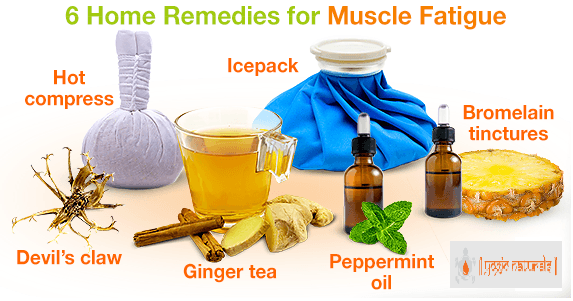They say home is where the heart is, but we say home is where there is a remedy for all pains. With that note, let us begin with what kind of muscle or joint pain comes with fatigue, its symptoms and most importantly, its main 6 home remedies.
Fatigue- the cause of muscle and joint pain
Fatigue can cause joint or muscle pain. When you feel fatigued, your body may be more open to inflammation, leading to joint or muscle pain. Additionally, when you’re fatigued, your muscles may not be as strong or resilient, making them more prone to injury and pain.
What causes fatigue?
Fatigue is itself caused by a wide range of factors, including:
- Lack of sleep
- Physical exertion
- Mental exertion
- Stress
- Poor nutrition & Dehydration
- Underlying medical conditions: such as anemia, hypothyroidism, and chronic fatigue syndrome
- Medications
- Hormonal imbalances
Persistent fatigue can be a symptom of certain medical conditions that can cause joint pain. For example, fibromyalgia and chronic fatigue syndrome can cause muscle & joint pain. If, along with aching joints, you experience tiredness or lack of energy, more pronounced than usual. Then it’s best to talk to a healthcare professional to determine the cause and develop an appropriate treatment plan.
Try these proven 6 Home Remedies for Muscle and Joint Pain if you feel it can be controlled.
6 Home Remedies for Muscle and Joint Pain
We say do not substitute home remedies for expert medical treatment but for sure try them for these benefits of theirs:
Home remedies are a holistic first step for managing mild to moderate muscle and joint pain for several reasons:
- They are easily accessible as they are in the comfort of your home.
- Many home remedies are natural. Thus hardly any side effects in comparison to medications or other interventions.
- They can be personalized.
- They are a complementary treatment to help manage pain and improve overall wellness.
Here are 6 home remedies for muscle and joint pain:
Hot Therapy
- Both have their advantages, but there is a certain way to do both to reap great benefits:
- Do hot therapy in the following cases in this way:
- When you have muscle pain or tightness
- Wait for more than 72 hours after the injury to begin hot therapy
- Apply heat to the affected area for 15-20 minutes
- Use a hot water bottle, heating pad, or warm towel
- Make sure the heat level is tolerable.
Cold Therapy
- Do cold therapy in the following cases in this way:
- When you are injured, there is acute swelling.
- Do it right away without any wait.
- Apply a cold pack to the affected area for 20-30 minutes (do it several times in the first 72 hours).
- Use a gel pack, a bag of ice wrapped in a towel, or a cold compress.
- P.S. Avoid cold therapy if you have circulatory problems or nerve damage.
Massage therapy
Gentle massage, such as Swedish massage, is proven to improve circulation and reduce muscle tension, which can help to reduce pain. Now that you are trying home remedies use a foam roller, massage ball, or massage with Ayurvedic essential oils.
Massage will be a treat to yourself and the best way to relax those tense muscles.
Epsom salt bath
Epsom salt baths are a popular home remedy for joint pain and muscle soreness. The Arthritis Foundation also recommends this home remedy.
Epsom salt is made of magnesium sulfate, which gets absorbed through the skin to help ease pain and inflammation. Do it several times a week to see some visible results:
- Fill your bathtub with warm water.
- Add 2 cups of Epsom salt to the water and stir until the salt has dissolved.
- Soak in the bath and relax for at least 20 minutes. Let the magic of salt begin.
- After the bath, rinse with warm water and dry yourself with a towel.
Use more turmeric
For those suffering from arthritis, they must add more turmeric to their diet. Turmeric (haldi) contains a compound called curcumin, which has anti-inflammatory properties. Add turmeric to your diet or supplement to lessen pain and inflammation.
P.S. Trying adding it to all three meals of the day. Try consuming 400 mg-600 mg in a day to gain benefits.
Take ample rest
If fatigue is the reason causing muscle or joint pain, then you have to give rest to your muscles. Doing nothing sometimes is a good way for muscles to heal and ease muscle tension.
Here are some tips for taking rest to ease joint pain:
- Take a break from activities that put extra strain on the affected joint.
- Take breaks throughout the day to rest the affected joint.
- Get enough sleep, as lack of sleep can make joint pain worse.
- Avoid sitting or standing in the same position for too long, as it worsens joint pain.
When to consult a doctor?
These 6 Home Remedies for Muscle and Joint Pain may be effective if the underlying cause is fatigue. If the cause is something else, you may not get any relief from these 6 home remedies. In such a case, get expert medical advice to know the root cause for appropriate treatment.





